-
김여정 "무인기 영공침범 명백…설명 있어야"재생
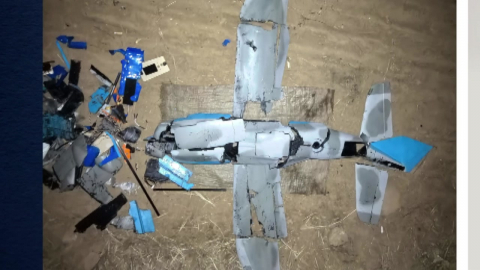
-
국방부가 북한의 무인기 침투 주장을 부인한 가운데 이번에는 북한 김여정 노동당 부부장이 구체적인 설명을 요구하고 나섰습니다. 민간 무인기였을 가능성도 거론되는 가운데 이재명 대통령은 군경의 신속하고 엄정한 수사를 지시했습니다. 취재기자 연결합니다. 이만수 기자! 김여정 부부장이 무인기 관련 입장을 냈다구요. [기자] 네. 김여정 노동당 부부장은 명백한 것은 한국발 무인기가 영공을 침범했다는 사실이라며 구체적인 설명이 반드시 있어야 한다고 밝혔습니다. 김 부부장은 조선중앙통신을 통해 발표한 담화에서 "사태의 본질은 행위자가 군부냐 민간이냐에 있지 않다"며 이렇게 말했습니다. 어제 국방부는 북한의 무인기 침투 주장에 대해 우리 군의 작전이 아니고 북한을 도발하거나 자극할 의도가 없다고 밝혔는데요. 이에 대해서는 그나마 현명한 선택이라고 평하고 싶다고 덧붙였습니다. 우리 군 당국의 입장에 대해 현명하다고 반응하면서도 남한 무인기가 북한에 침투했다는 주장은 굽히지 않고 있는 것입니다. 앞서 북한은 인민군 총참모부 성명을 통해 한국의 무인기가 지난 4일과 지난해 9월 침투해, 격추시켰다고 주장했습니다. 이와 관련해 현재 민간이 무인기를 운용했을 가능성도 거론되고 있는데요. 김여정 부부장은 무인기 침입이 민간 소행이라도 남한 당국이 책임에서 벗어날 수 없다며 공세를 이어갔습니다. [앵커] 이재명 대통령이 이와 관련해 어젯밤 엄정 수사를 지시했죠. [기자] 네 그렇습니다. 이재명 대통령은 민간이 운용한 무인기가 북한으로 넘어갔을 가능성에 대해 "사실이라면 한반도 평화와 국가 안보를 위협하는 중대 범죄"라며 "군경 합동 수사팀을 구성해 신속하고 엄정하게 수사하라"고 지시했습니다. 북한은 어제 남한 무인기의 북한 침투를 주장하면서 관련 사진을 공개했는데요. 우리 군 당국은 해당 무인기를 보유하고 있지 않다고 부인했고, 사용된 부품이 대부분 중국산으로 확인되면서 민간이 날린 무인기일 가능성이 제기됐습니다. 이에 대해 이재명 대통령이 신속하고 엄정한 수사를 지시한 것입니다. 앞서 국방부도 유관 기관과 함께 철저한 조사를 진행하겠다고 밝힌 만큼 북한의 무인기 침투 주장은 수사를 거쳐 진위가 가려질 전망입니다. 지금까지 YTN 이만수 입니다. ※ ’당신의 제보가 뉴스가 됩니다’ [카카오톡] YTN 검색해 채널 추가 [전화] 02-398-8585 [메일] social@ytn.co.kr
-
민주당 오늘 신임 원내대표·최고위원 3인 선출재생
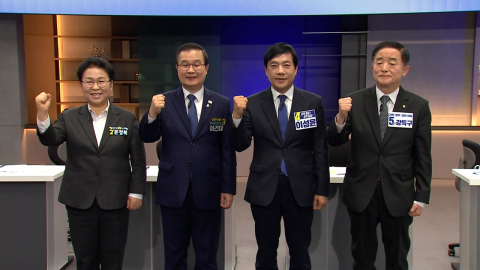
- ’무인기’ 놓고 정치권 공방…"안보관 무원칙" vs "무책임한 공세"
- 국민의힘 "이혜훈, 비리 종합세트…대통령 거취 결단해야"
- 월 AG서 남북 협력?…안보실장 "유의하고 있다"
실시간 이슈
에디터 추천뉴스
-
재생
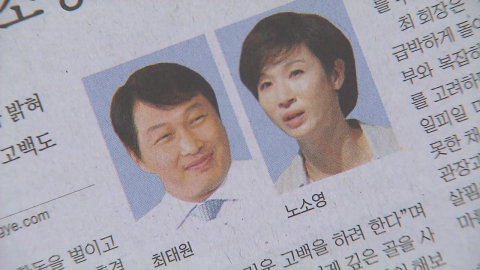 "최태원·노소영 파기 환송심 신속 결론"…쟁점은?
"최태원·노소영 파기 환송심 신속 결론"…쟁점은? -
재생
![[제보는Y] "1년 단전에 동파까지"…'지옥'이 된 숙박시설 투자](https://image.ytn.co.kr/general/jpg/2026/0111/202601110524228837_h.jpg) [제보는Y] "1년 단전에 동파까지"…'지옥'이 된 숙박시설 투자
[제보는Y] "1년 단전에 동파까지"…'지옥'이 된 숙박시설 투자 -
재생
![트럼프 ’이름 박기’에 55년 인연 오페라단도 ’결별’ [앵커리포트]](https://image.ytn.co.kr/general/jpg/2026/0111/202601110918551477_h.jpg) 트럼프 ’이름 박기’에 55년 인연 오페라단도 ’결별’ [앵커리포트]
트럼프 ’이름 박기’에 55년 인연 오페라단도 ’결별’ [앵커리포트] -
재생
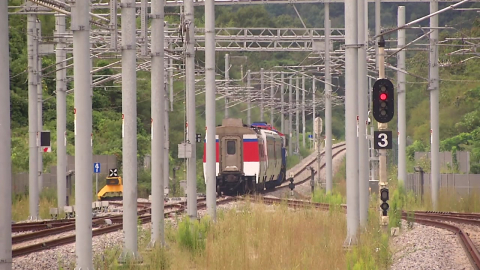 "50분 거리가 10분으로"…전남 교통 혁명 ’속도’
"50분 거리가 10분으로"…전남 교통 혁명 ’속도’ -
재생
 "탈팡족을 선점하라"…플랫폼 본격 경쟁시대 ’개막’
"탈팡족을 선점하라"…플랫폼 본격 경쟁시대 ’개막’ -
재생
 쿠팡, ’근무일지 조작’ 정황…CCTV 선별 의혹도
쿠팡, ’근무일지 조작’ 정황…CCTV 선별 의혹도 -
재생
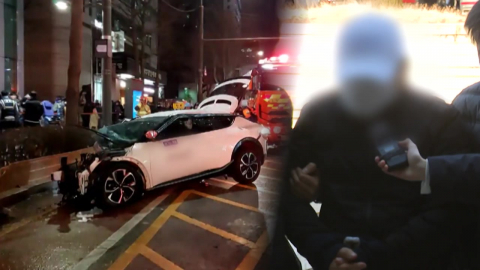 경찰, ’15명 사상’ 종각역 사고 약물운전 혐의 배제…"페달 오조작 여부 등 조사"
경찰, ’15명 사상’ 종각역 사고 약물운전 혐의 배제…"페달 오조작 여부 등 조사" -
재생
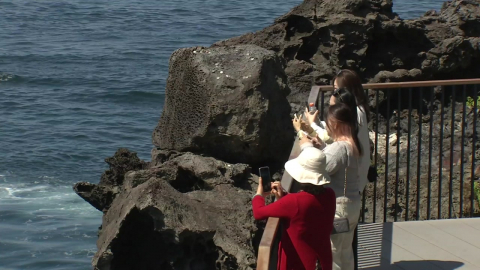 "외국인 오는데 돈 안 쓴다"…제주 관광 ’질적 성장’ 숙제
"외국인 오는데 돈 안 쓴다"…제주 관광 ’질적 성장’ 숙제 -
재생
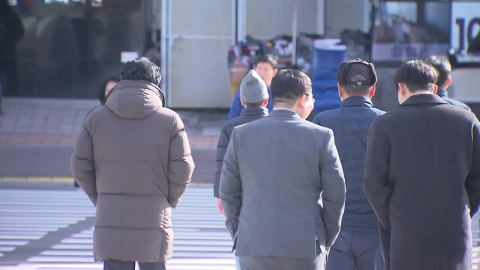 울산 한파쉼터 1,200곳…시민도 직원도 "몰라요"
울산 한파쉼터 1,200곳…시민도 직원도 "몰라요" -
재생
 "한국 연예인처럼"…K-뷰티테크·헬스케어로 CES ’들썩’
"한국 연예인처럼"…K-뷰티테크·헬스케어로 CES ’들썩’ -
재생
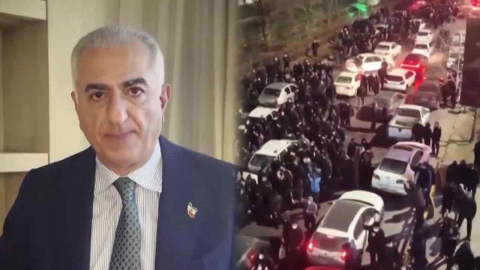 처형 경고에도 이란 시위 격화일로…트럼프 "도울 준비돼"
처형 경고에도 이란 시위 격화일로…트럼프 "도울 준비돼" -
재생
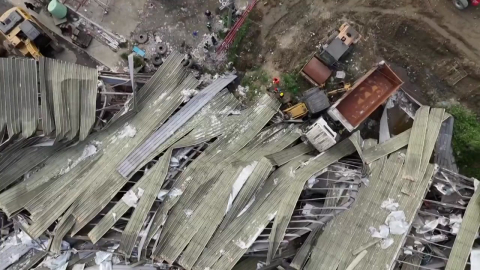 4층 높이 쓰레기 매립장 붕괴…더딘 구조에 애타는 가족들
4층 높이 쓰레기 매립장 붕괴…더딘 구조에 애타는 가족들
많이 본 뉴스
- 1 지붕 날아가고 창문 ’와장창’...제보로 본 강풍 피해
- 2 국토부, 이혜훈 ’부정당첨’ 의혹 사실확인 착수...왜 못 걸렀나?
- 3 김여정 "도발의도 없다는 한국 국방부 입장 현명한 선택"
- 4 아름드리 고목도 쓰러뜨린 영국 강풍...정전·교통 차질 속출
- 5 김여정 "무인기 영공침범 명백...설명 있어야"
- 6 전국에 몰아친 초속 30m 태풍급 돌풍...원인은?
- 7 마두로 축출 일주일 만에...트럼프 행정부, 베네수 석유 통제 현실화
- 8 "최태원·노소영 파기 환송심 신속 결론"...쟁점은?
- 9 민주당 오늘 신임 원내대표·최고위원 3인 선출
- 10 [제보는Y] "1년 단전에 동파까지"...'지옥'이 된 숙박시설 투자
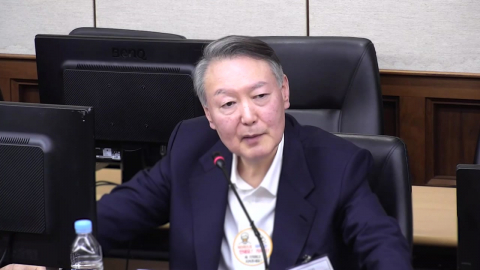



![[날씨] 종일 강력한 추위…한낮에도 체감 -10℃ 안팎, 호남 중심 폭설](https://image.ytn.co.kr/general/jpg/2026/0111/202601110840188325_h.jpg)
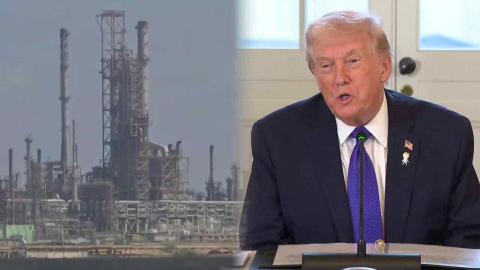
![[Y현장] "작품 속에 살아있을 이름"…'국민 배우' 안성기, 하늘의 별이 되다(종합)](https://image.ytn.co.kr/general/jpg/2026/0109/202601091042149519_h.jpg)
![[Y터뷰] '프로젝트 Y' 전종서 "한소희가 DM 보내 처음 알게 돼…답장했다"](https://image.ytn.co.kr/general/jpg/2026/0109/202601091441089698_h.jpg)
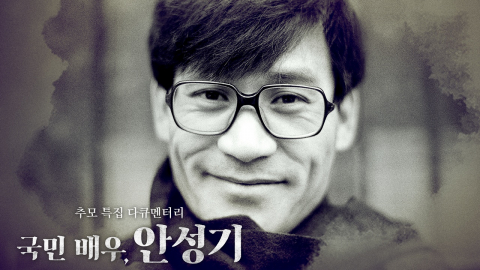

![[Y현장] 정우성, 고 안성기 추도사 "한국영화 온 마음으로 품은 선배님…영면하시길"](https://image.ytn.co.kr/general/jpg/2026/0109/202601091008157730_h.jpg)





